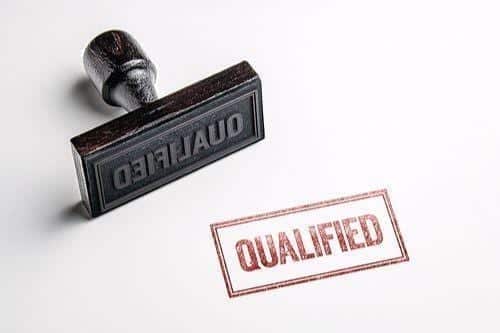
Should I apply for Veterans Disability Compensation or the Pension?
Veterans Disability Compensation and Pensions are both based on disability but that is where their similarity ends. Pensions are need-based programs similar to Supplemental Security Income in Social Security Disability.
Which benefit do you qualify for?
To receive a pension the veteran must have low income, war-time service and a permanent and total (P&T) disability. The P&T disability does not need to be related to their military service. Veterans age 65 and older are presumed to be P&T disabled for pension purposes. In contrast, to receive disability compensation the veteran must show that there is a link between their current disabilities and their military service.
Can you work and receive benefits?
Employment does not affect eligibility for service connected disability compensation but may prevent a veteran from receiving some of the higher levels of compensation (e.g. individual unemployability benefits). Employment will stop a veteran from receiving a pension because the VA must find that the veteran’s disability is P&T and that the veteran is in financial need.
Do assets affect a Veterans Pension or Veterans Disability Compensation?
Assets do not affect service connected disability compensation but are a significant factor when it comes to VA pension benefits. Luckily, Supplemental Security Income is not counted.
Can I receive both?
A veteran may be entitled to both a pension and disability compensation BUT the Veterans Administration cannot pay both benefits. The veteran must select one or the other (preferably the highest).
If you have received a denial on your Veterans Administration Service Connected Disability Compensation, give The Bishop Law Firm a call today, (919) 615-3095. We represent Veterans Service- Connected Disability clients in Raleigh, Durham, Rocky Mount, Wilson, Smithfield, Louisburg, Chapel Hill, Roanoke Rapids and surrounding areas in North Carolina.

